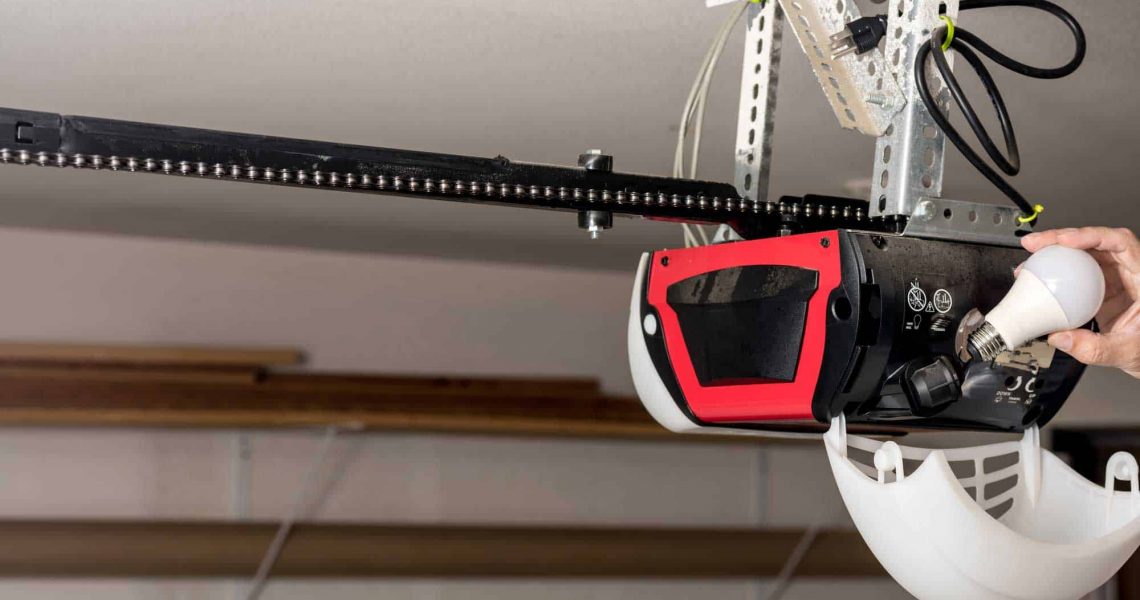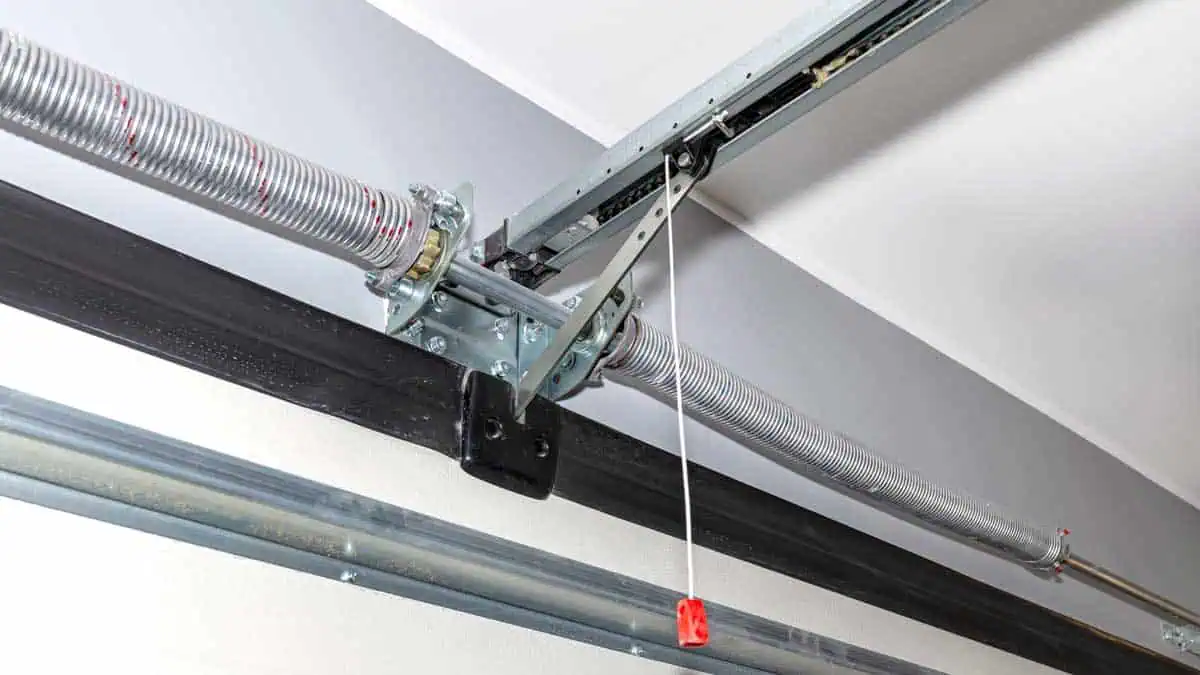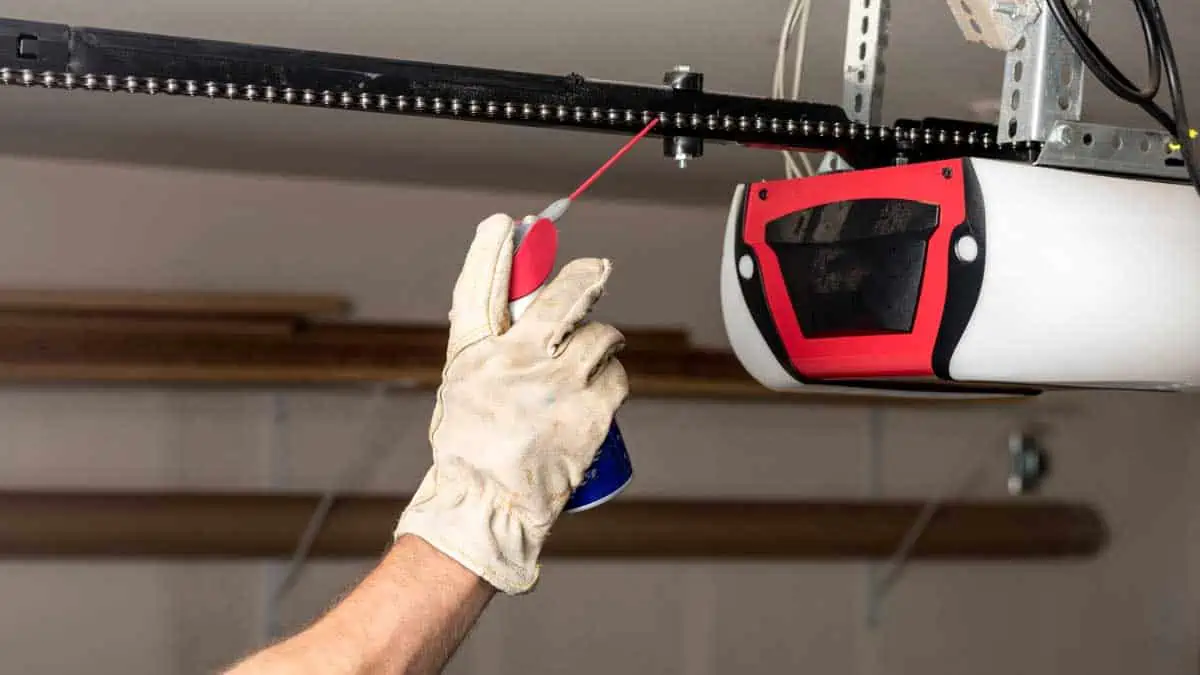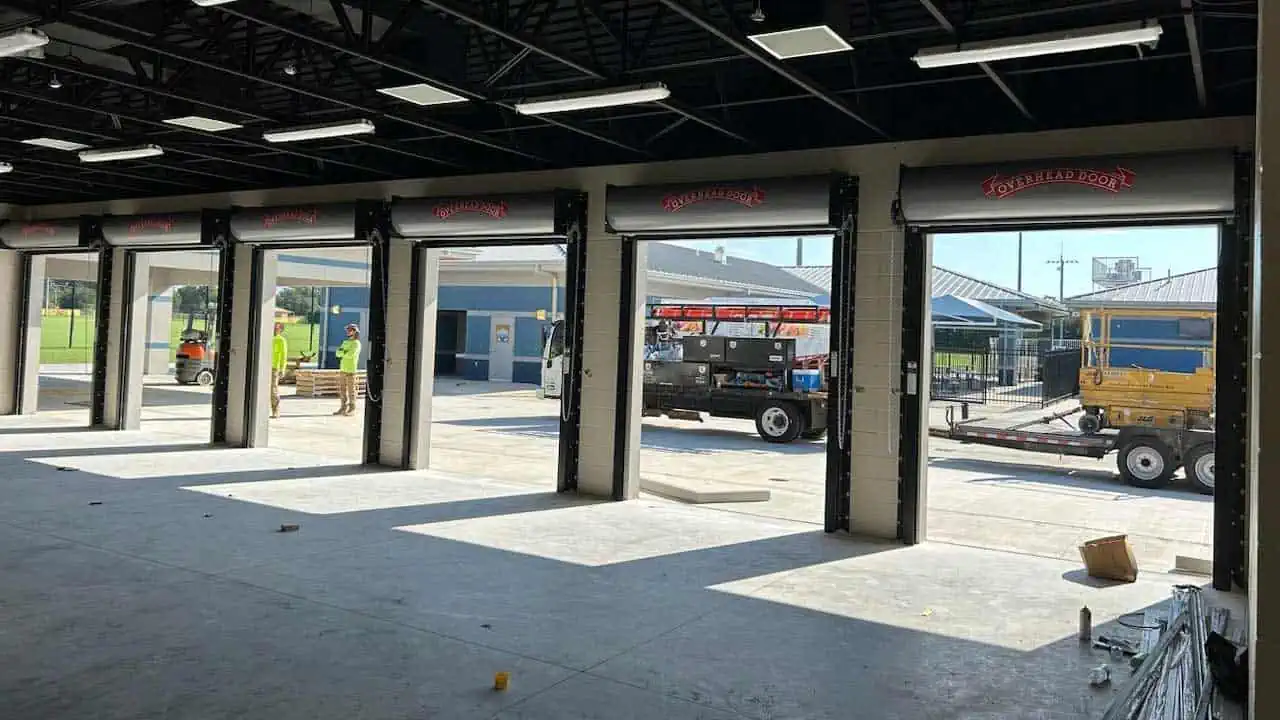What is the most significant moving part of your home? The garage door is the correct answer for most readers who live in a typical house. You likely use your garage door multiple times daily and in nearly all seasons. However, have you ever paused to think about the wear and tear it undergoes as you use it?
Usually, homeowners only pay attention to their garage doors when something goes wrong. For instance, it may catch your attention when you hear squeaky noises while opening or closing the garage door. Or, your door may stop shutting correctly. Typically, it is too late by the time you realize you need to maintain your garage door.
Ideally, you want to keep your garage door in top-notch condition before it is completely ruined. Continue reading this piece to learn about preventive garage door maintenance tips.
Top Garage Door Maintenance Tips
Garage doors generally get a lot of heavy use, which presents the risk of a decent amount of damage. Not to forget, they are made with many moving parts that are typically expensive to replace.
Do you want to prolong your garage door’s life and keep it running smoothly? Here are a few things to do.
1. Limit Your Garage Door Usage
As mentioned earlier, garage doors experience heavy usage, as you use them day and night, nearly every day. However, things are much worse in some other homes.
Some homes have attached garages; many homeowners with such a setting tend to use the garage door as their main entrance. Exclusively entering and exiting your home through the garage may be convenient for you, but it can cause a lot of damage to the garage door in the long run. Experts suggest breaking this habit and starting to use the house door more often.
Remember that garage doors typically have 5 to 10 open-and-close cycles per day. Ideally, you will need to replace the garage door springs every 2 to 2.5 years if you meet the capacity of ten cycles. Similarly, the springs will not need a replacement for 7 to 8 years if it is only two to three cycles a day.
2. Schedule Inspections
What did we say about homeowners overlooking their garage doors until they notice something unusual? Many are guilty of ignoring garage door maintenance before a major, costly issue appears.
You probably never forget about scheduling an oil change for your car. A garage door needs the same attention if you want to keep it in a tip-top state for years. Therefore, you want to schedule regular inspections for your garage door to improve its lifespan.
Ideally, you should schedule a garage door inspection twice a year (every six months). It helps you stay alert and informed about issues relating to rollers, pulleys, hinges, panels, springs, cables, etc. You can also book periodic inspections with a garage door specialist.
3. Tighten the Hardware and Clear Tracks
You want to clear the garage door tracks and keep all the hardware tightened to ensure a longer lifespan for your garage door. However, where should you start?
Typically, you should check the brackets that hold the tracks to the ceiling and the wall. While doing that, do not forget to see if the fasteners that secure garage door openers are in their place. The vibration caused by opening and shutting the door often loosen the hardware, including brackets and fasteners.
Therefore, it is a good practice to check the hardware now and then and tighten them as needed. You can use a socket wrench to tighten all loose bolts in your garage door. That said, avoid touching any issue that requires special tools and hire a garage door repair company ASAP. It is extremely dangerous and presents a huge safety risk for house members.
While checking and tightening the hardware, remember to remove dirt and rust from the tracks on both sides.
4. Lubricate the Moving Parts
As mentioned above, garage door uses many moving parts that aid their overall moving function. It is common for garage doors to stop moving after some time or make noises when opening or shutting.
Do you want to keep your garage door running smoothly? Well, then, you need to lubricate all the moving parts of your garage door. It is also necessary to avoid expensive future repairs.
Lubricating the moving parts works wonders, as it helps reduce stress on the rollers and door opener. Ideally, you want to use a spray lubricant on the hinges and rollers at least twice a year. Apply the spray, let it sit for a few minutes, and then wipe off the excess.
Moving parts in a garage door tend to collect dust, contributing to squeaky noise. Lubricant sprays can break down dust and debris while preventing rust and corrosion.
5. Test the Garage Door Balance
The springs on your garage door play a significant role in helping to balance the garage door so that it opens and shuts smoothly. Conversely, an unbalanced garage door puts more stress on the opener, making it work harder. As a result, the extra pressure shortens the garage door’s lifespan.
Therefore, you want to test the garage door balance to ensure it runs smoothly and works for an extended time. Start by closing the door and pulling the release handle. It disengages the automatic garage door opener, simultaneously lifting it manually until it is halfway open. Ideally, your door should not go up or down over a foot. Additionally, it should remain in its place without your assistance.
A garage door that creeps up or down over a foot is not balanced. Or, it could be that the springs have worn out.
Bottom Line
We hope you know how to care better for your garage door. The preventive garage door tips mentioned above can help extend your garage door’s lifespan while ensuring your family’s safety by eliminating the risks.
Are you looking for a reliable garage maintenance company in Tampa Bay? Get in touch with us to set up an appointment with our professionals.







